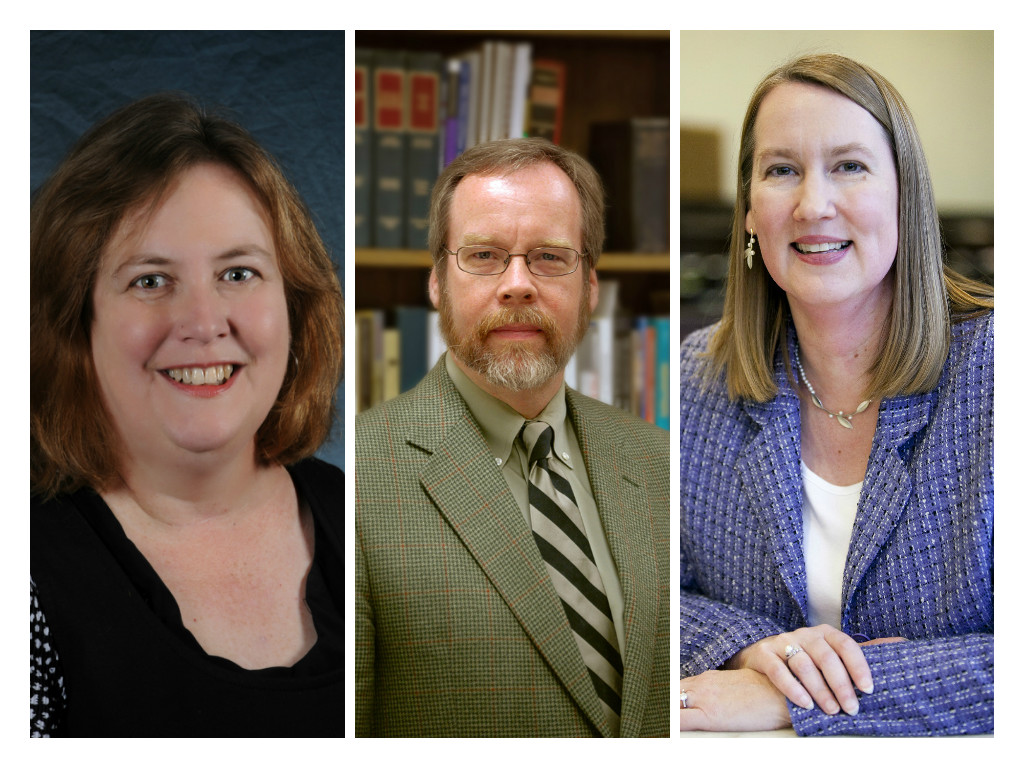
By Courtney Lockemer
Can a library use an image of a book cover on its website? Can an artist make a drawing of a copyrighted photo without infringing the photographer’s copyright? Can an elementary school show Frozen at its student/parent movie night without fear of being sued by the film studio?
Every day, Kevin Smith fields multiple questions like these. Smith is director of the Office of Copyright and Scholarly Communications at Duke University Libraries and is both a librarian and an attorney experienced in copyright and technology law. He is one of a handful of individuals with these intersecting areas of expertise, and it makes him a much sought-after resource for librarians and educators from around the country, and the world, with questions about copyright and intellectual property licensing.
“Just putting together a lesson plan requires that you make decisions about how to use other people’s stuff,” said Smith.
Teachers are concerned about personal liability or liability for their school. Librarians end up fielding many of their copyright questions. “Because they’ve got books all around them, they’re assumed to be experts in copyright,” Smith said.
So, Smith and two of his fellow copyright experts—Anne Gilliland of the University of North Carolina at Chapel Hill and Lisa A. Macklin of Emory University—decided to teach a MOOC on copyright—a free, convenient way to help thousands of librarians and educators become “copyright mavens.”
The course, “Copyright for Educators & Librarians,” ran for four weeks this summer on Coursera. Over 10,000 participants from 130 different countries enrolled. Participants quickly started using the course’s discussion forums and social media to help each other answer copyright questions from the course and their daily work.
Kristina Eden, a copyright instruction librarian at the University of Michigan, started an on-campus discussion group for colleagues taking the course. To accommodate employees on multiple campuses, Eden rotated the location of the meeting. Each week, 10-15 individuals met, each with a role at the university that dealt with some kind of copyrighted materials: videos for foreign language instruction, archives, streaming media for departmental courses. “They all wanted support and to talk about it with other people,” said Eden.
Months after the course ended, the discussions are still going. Eden created an email list to continue the conversations that took place in the discussion groups, and is using it to field copyright-related questions that come up in course her colleagues jobs and to share resources, like an infographic about fair use. MOOC participants continue to share copyright-related news and questions on the course’s Facebook page.
Feedback from students indicate many hope to continue developing their copyright knowledge by taking “Copyright for Educators & Librarians” again. Smith said the course instructors intend to teach a second session and have even talked about expanding it to include more global perspectives from copyright experts outside the U.S. “The chance for all of us to learn about what copyright issues are like in the rest of the world would be wonderful.”
Courtney Lockemer is the Communications Manager for Online Education Initiatives at Duke. A previous version of this story origially appeared at online.duke.edu.

